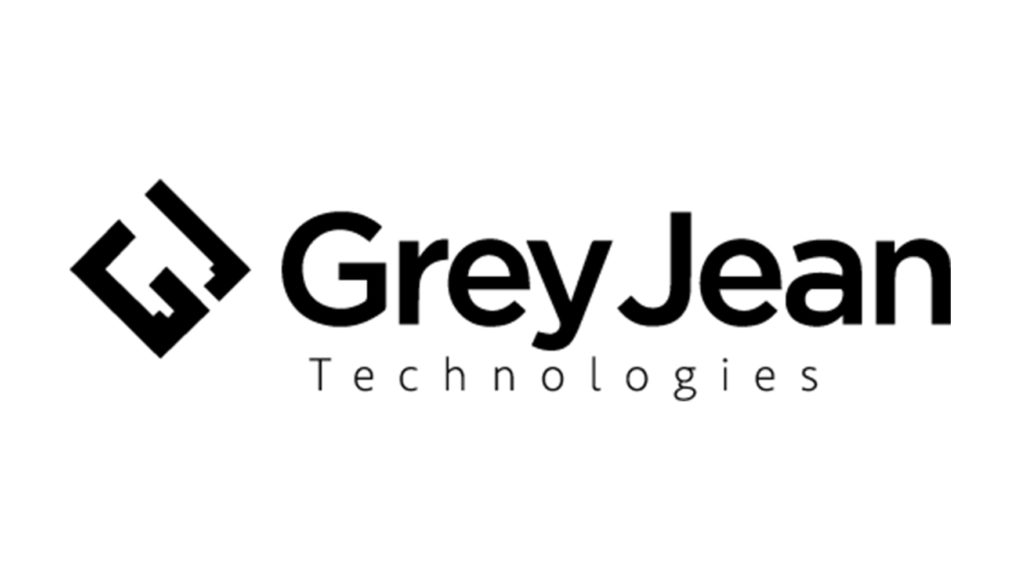Meet Grey Jean Technologies, the winner of the 2017 Digital Entertainment World startup competition. They won over our judges with their pitch and beat out 11 other competitors to take home the top prize. The runners-up this year were Dot Blockchain Music and Maestro. We had the chance to catch up with the company’s Founder and President, Craig Alberino, and talk with him about the company, the industry and the DEW Startup Competition.

Tell us a bit about Grey Jean Technologies. How does Genie, the company’s AI-powered recommendation engine, provide accurate predictions of consumer behavior?
Grey Jean Technologies is a machine learning company that helps data-driven marketers increase customer acquisition, sales and loyalty by predicting consumer purchase behavior with unparalleled accuracy.
Using an organization’s existing infrastructure, Genie, our AI-powered platform, combines analysis of more than 500 behavioral attributes with numerous first- and third-party data – evaluating them alongside context gleaned from transaction history, demographics, location, time, purchase behavior, as well as more unconventional data points, such as political preference and lifestyle choices – to identify the behavioral patterns that that connect a consumer to a product, and generate contextually relevant recommendations on the next best action. Genie then weights these data feeds to improve its predictive algorithms in real time, and continue to refine its recommendations.
What companies and industry sectors most benefit from your technology?
Our roots are in retail. Genie enables retail marketers to improve their targeting of customers and prospects to drive desired actions – whether it’s making a purchase or growing customer affinity. However, Genie’s underlying technology has the potential to benefit a wide range of industries. For example, the technology holds enormous potential for digital publishers when it comes to improving how they’re targeting current and prospective readers with relevant, engaging content in an increasingly competitive media landscape. The bottom line is all companies can benefit from better serving their customers through more personalized marketing.
How does Grey Jean navigate the tricky issue of data privacy?
The concerns of personal data privacy have been a part of AI conversations since its inception. However, we take very careful steps to ensure that we’re protecting our client’s customers’ data. Essentially, we house anonymized versions of customer data and transform them into a series of numbers and algorithms that can’t be traced back out to an individual. The analogy we often use is baking a cake. You add the butter, the flour, sugar, milk – a bunch of individual ingredients which are identifiable and which you, as the customer, own – but once the cake is baked, they cease to be individually identifiable components. They’re not butter or flour anymore; you can’t take any single ingredient out of the mixture. In the same way, you can’t extract a data point that can be traced back to your customers once you’ve used the data to create the fingerprints that represent the unique preferences and habits of each individual customer.
So many start-ups are located in Silicon Valley or Silicon Beach. Why did you decide to bring locate in New York City and what are the advantages and disadvantages?
The New York tech ecosystem is really starting to rival Silicon Valley in terms of number of startups and dollar investments. In fact, early in 2015, New York edged out California in total number of startup funding applications for the first time, and for three out of four quarters in 2015, New York City led with more startup funding requests than any other region in the country. Silicon Alley’s growth is really starting to take off and will continue to do so.
By locating in New York City, you have access to a huge number of world market centers like advertising, finance, fashion, food, media, etc. Startups like Etsy, Foursquare and Gilt all started here. New York City is also the most populous city in the U.S., so there’s a diverse group of people, from investors to partners to customers, to network with that are right at your fingertips. New York lacks the legacy infrastructure that Silicon Valley has. Silicon Valley has far more angel investors than New York, so that’s where most of the funding will come from. But there are entrepreneurs everywhere – if you have a great idea, that money will follow regardless of location.
What advice do you have for startups who compete in the DEW Startup Competition in the future?
The whole reason people get into the startup business is because they have a vision for the world. They see a problem, or something that the world is missing, and they have an innovative solution to alleviate that problem – whether that’s a product or a service. My advice would be to focus on that vision and hone in on the fundamentals of building your business and making it become a reality – this includes the product/market fit, onboarding clients and hiring the best people to fill key roles, and then building out a revenue plan. Once you have a good business model, everything else will fall into place. It’ll be easy to identify market potential and justify the need for your business. Even in tough markets, if you have a truly innovative product, there will be investors interested in your business.








